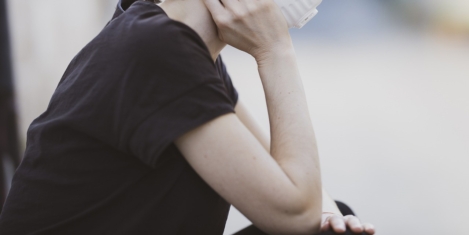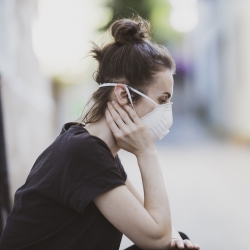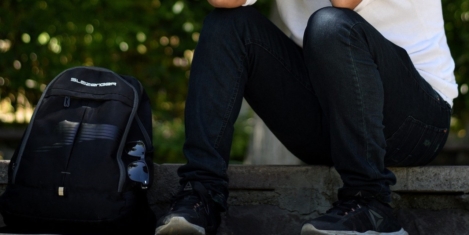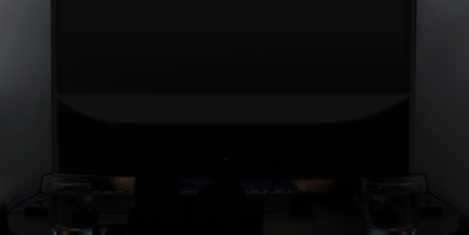To provide the best experiences, we use technologies like cookies to store and/or access device information. Consenting to these technologies will allow us to process data such as browsing behaviour or unique IDs on this site. Not consenting or withdrawing consent, may adversely affect certain features and functions.
The technical storage or access is strictly necessary for the legitimate purpose of enabling the use of a specific service explicitly requested by the subscriber or user, or for the sole purpose of carrying out the transmission of a communication over an electronic communications network.
The technical storage or access is necessary for the legitimate purpose of storing preferences that are not requested by the subscriber or user.
The technical storage or access that is used exclusively for statistical purposes.
The technical storage or access that is used exclusively for anonymous statistical purposes. Without a subpoena, voluntary compliance on the part of your Internet Service Provider, or additional records from a third party, information stored or retrieved for this purpose alone cannot usually be used to identify you.
The technical storage or access is required to create user profiles to send advertising, or to track the user on a website or across several websites for similar marketing purposes.
 ‘Stress by Sector’ data released by e-days claims concerning statistics that stress-related appointments are up generally in business by 64 percent over 2019. The data claims that the sectors struggling most with stress-related sickness are unsurprisingly healthcare (0.64 days of stress related absence on average per employee), followed by Government and International Affairs (0.57 days on average per employee) and Human Resources and staffing (0.39 days on average per employee). (more…)
‘Stress by Sector’ data released by e-days claims concerning statistics that stress-related appointments are up generally in business by 64 percent over 2019. The data claims that the sectors struggling most with stress-related sickness are unsurprisingly healthcare (0.64 days of stress related absence on average per employee), followed by Government and International Affairs (0.57 days on average per employee) and Human Resources and staffing (0.39 days on average per employee). (more…)






 A review of research in organisational and workplace psychology conducted by an international team of academics claims that working from home has been more disruptive for women than men. The review paper, entitled
A review of research in organisational and workplace psychology conducted by an international team of academics claims that working from home has been more disruptive for women than men. The review paper, entitled 
 New research from absence intelligence company
New research from absence intelligence company 
 Statistics released from payroll and HR company
Statistics released from payroll and HR company 


 Employees facing increased job and financial insecurity at the onset of the pandemic suffered a wave of mental distress, according to research published by the
Employees facing increased job and financial insecurity at the onset of the pandemic suffered a wave of mental distress, according to research published by the 
 A new study by
A new study by 






 GPs issued nearly three-quarters of a million fit notes last year stating that an individual was not fit to work due to a stress-related disorder, new research has claimed. This is a rise of 8 percent compared to 2017/18 (741,210 notes issued, up from 686,670), employment law firm
GPs issued nearly three-quarters of a million fit notes last year stating that an individual was not fit to work due to a stress-related disorder, new research has claimed. This is a rise of 8 percent compared to 2017/18 (741,210 notes issued, up from 686,670), employment law firm 







November 11, 2020
Burnout, stress and disconnection are now our most urgent workplace mental health issues
by Catherine Flynn • Comment, Flexible working, Wellbeing